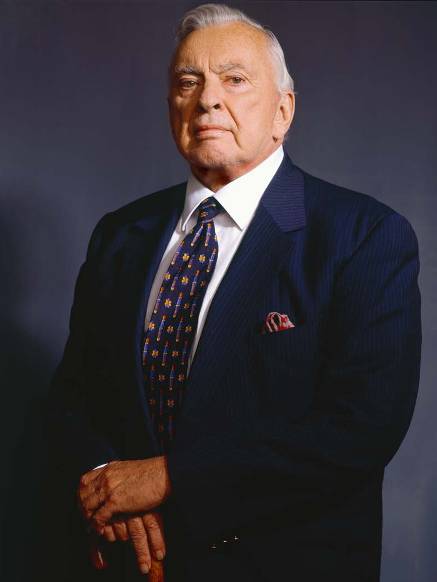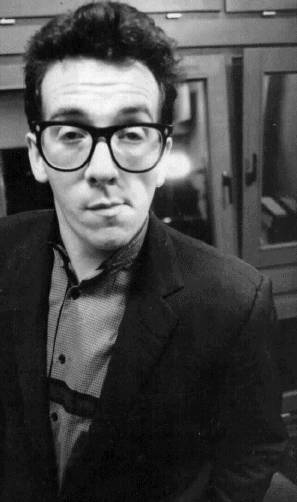The tax raise is tiny, and largely symbolic. Labour has lost its funding from the very rich, as the hyper-rich now see Labour as an unsafe investment. As a result, 95% of its current funding comes from the trade unions, and with wage freezes/cuts and job losses clearly on the cards for the public sector, increasing tax a fraction on 1.5% of the population is considerably easier way to curry left favour than, well, raising wages and creating jobs. This symbolic murder of 'New' Labour is also an attempt to re-create the 'Brown bounce', when horror at the style of government of Tony Blair led people to hallucinate that Gordon Brown was authetically 'Old' Labour. The political problems of this are compounded by the fact that any hope in Brown as 'Old' Labour
If we take an actual appraisal of the last Labour government of 1974-1979, rather than a thumbnail one (beer and sandwiches, unions running the country, ill-fitting suits and regional accents), Brown is inarguably 'Old' Labour. Wage freezes, spiralling unemployment, global economic crisis - all very retro. The major discontinuity is the fact that, way back when, Labour hadn't dragged us into two absurd and disgustingly bloody wars. Brown has spent considerably less than fuck all on protecting jobs and wages, trillions on bankers and this is a 'left budget'?
Margaret Thatcher said her greatest achievement was 'New' Labour - undoubtably that is the case. But just as true is the fact that the greatest achievement of the pre-Thatcher Labour government was to soften the unions through collective bargaining, legal restriction and the argument that the unions should accept cuts in the 'national interest'. Maybe history the legacy of 'New' Labour will be to have killed, or at least critically wounded, the idea that Labour works for the working class. Sparks of resistance to the notion that the crisis is above and beyond control (we regret to inform you that we have to let you go) are burning. Let's hope Labour have lost the power to snuff them out.




